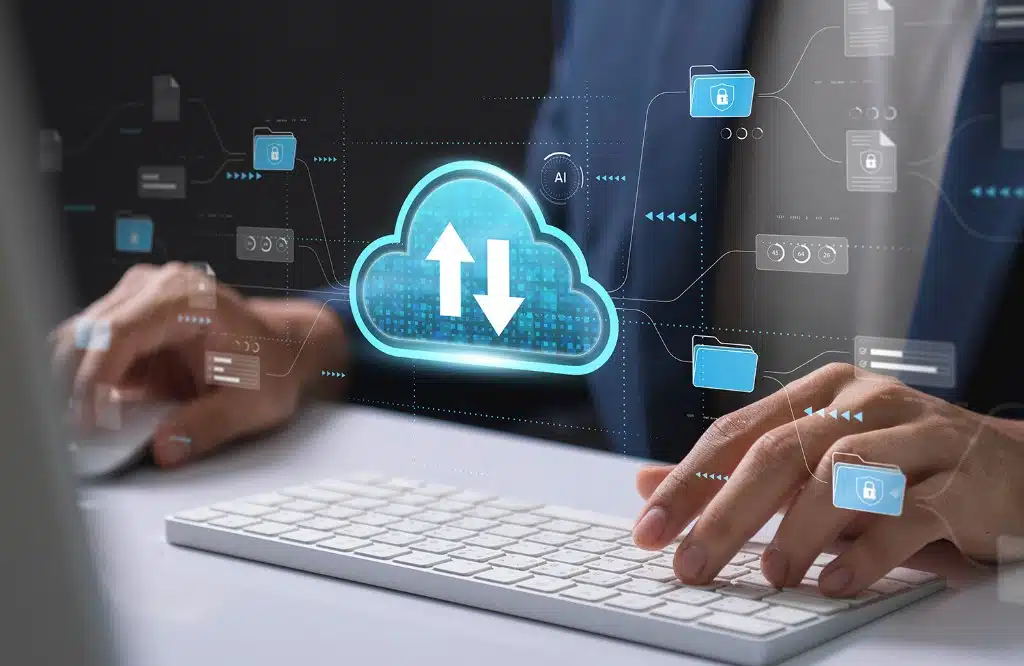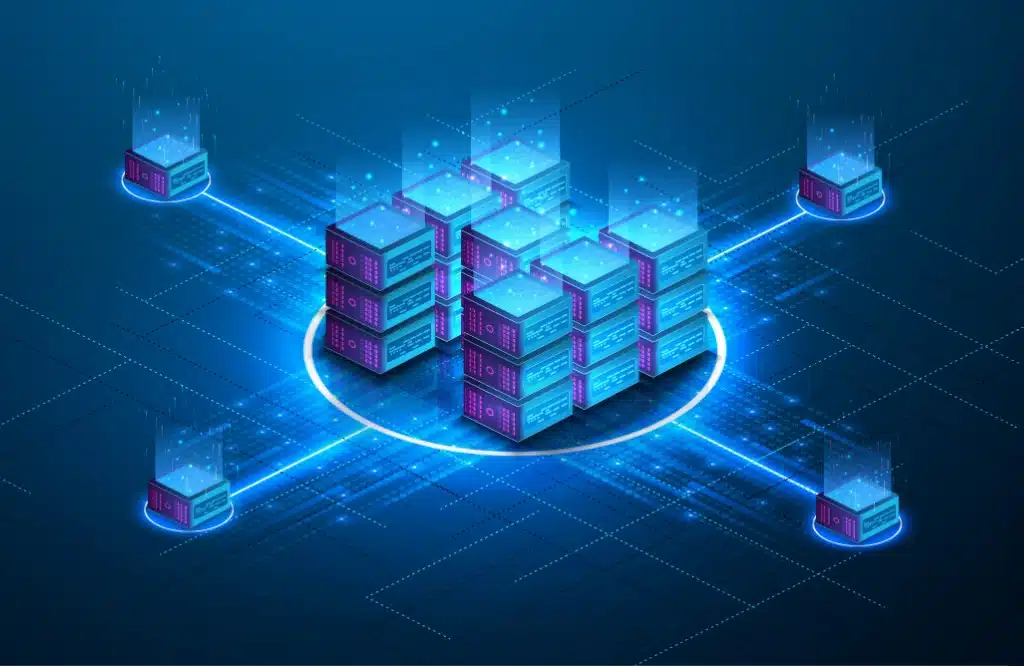
Step-by-step guide: What to do after a business data loss incident
Data loss can feel like a disaster for any small or medium-sized business. When critical files, customer information, or financial records vanish, operations can grind

Data loss can feel like a disaster for any small or medium-sized business. When critical files, customer information, or financial records vanish, operations can grind

For many small and medium business (SMB) owners, data loss is often associated with natural disasters, hardware failures, or cyberattacks. While these risks are valid,

IT documentation is one of the most overlooked tools in your arsenal when faced with unexpected, prolonged disruptions. Whether you’re dealing with a power outage,

In the IT world, disaster season typically aligns with the fall and winter in the United States and many temperate regions. These seasons can bring

Celebrated annually during the second week of June, National Email Week highlights email’s role as an indispensable tool for businesses. It offers a fast, cost-effective,

When managing modern IT operations, businesses often face a critical decision: should they opt for virtualization or cloud services? Both technologies have reshaped how companies

Small to medium-sized businesses (SMBs) like yours must maximize every dollar and extract the greatest value from their resources to stay competitive against larger companies.

Your business’s physical servers are the backbone of your IT network, playing a crucial role in maintaining efficiency and driving profitability. To make sure they

Technology is a crucial component in keeping business operations running smoothly. However, for small and medium-sized businesses (SMBs) with limited resources, managing IT internally can

Spring inspires us to declutter our homes and offices, and it’s also the perfect time to evaluate if your business is running as smoothly and
"*" indicates required fields